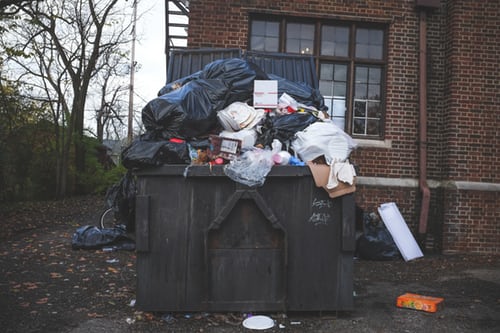Buy in Bulk
Reusable Containers and Bags
Compost Kitchen Scraps
Upcycle or Recycle
Old items that are not used anymore can be given new life by upcycling. That means giving items other use. Often a coat of paint can refresh tired furniture. Stained towels can be cut up and used as rags or be given to pets for bedding. Decorations can be made from almost anything like cups, plates, shells, broken vases, and so on. Search online for some inspiration instead of throwing usable items away.
Donate
Actively choosing to reduce waste is a noble task. There won’t be people cheering you on for doing your part to protect the environment, but the unseen acts make a difference. Buying in bulk, reusable containers/bags, composting, recycling, upcycling, along with donating are the best ways to reduce waste. You will have less trash as a result, a healthier garden, and possibly have saved money along the way. These simple tips have a positive impact on the local environment.




